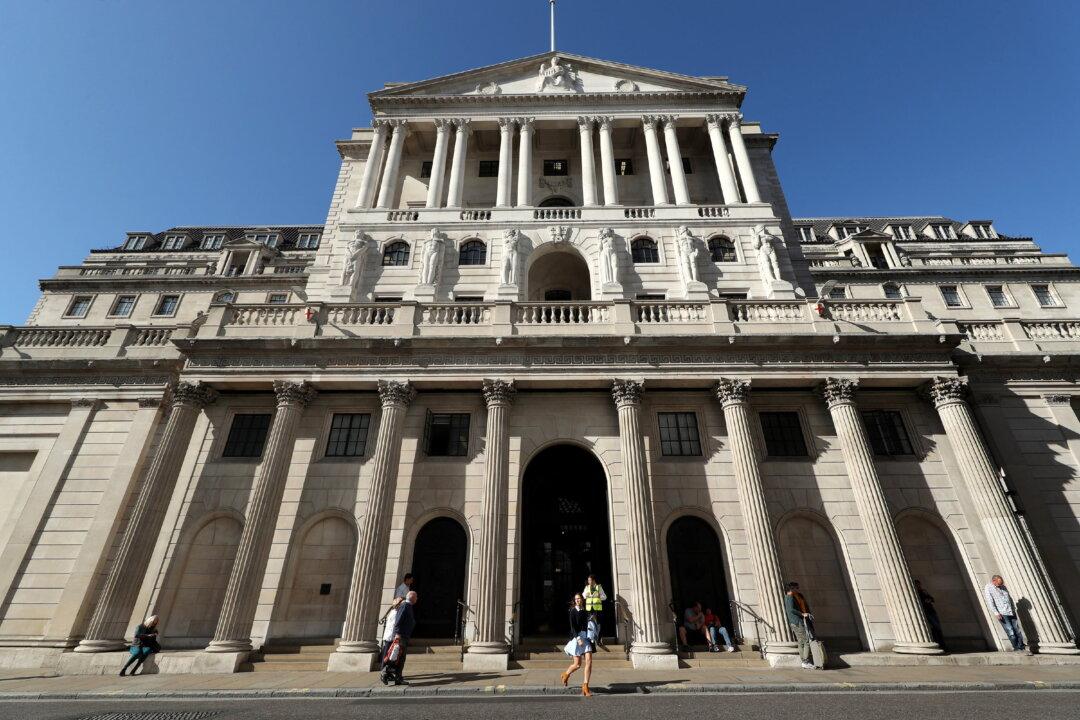“Overly loose monetary policy” during the COVID-19 pandemic may have helped push up inflation to the current level, Bank of England’s (BoE) Chief Economist Huw Pill said on Tuesday.
It’s the first time a BoE official acknowledged the central bank’s role in adding to the inflationary pressure after Prime Minister Rishi Sunak said government borrowing “ultimately leads to ... high inflation.”





